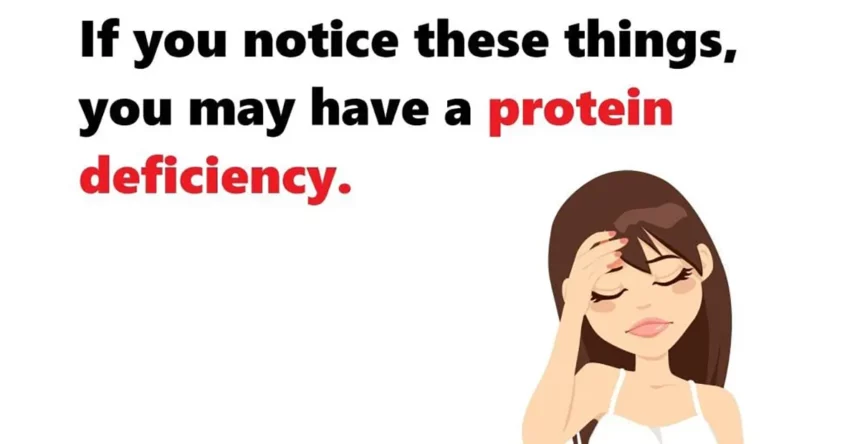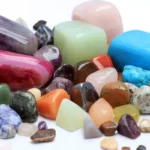Protein is essential for the human body. It gives us energy, helps our bodies recover, and keeps our tummies satisfied. Your body has ways of telling you that you are not eating enough protein to fuel your muscles and overall health.
How would you know if you’re protein deficient? Below are some symptoms that can be related to inadequate protein. Keep in mind that as with any nutrient deficiency, symptoms can have other causes, so this is a general list and not to be used to self-diagnose.
1. Food cravings
Constant food cravings and needing snacks often between meals may be the consequence of a high-carb/sugar and low-protein diet. Protein evens out blood sugar highs and lows.
2. Slow recovery from injuries
Any wounds, bumps or bruises are slow to heal. To heal and rebuild new cells, tissue, and skin and for immunity, we need a sufficient amount of protein.
3. Hair, skin, and nail troubles
Thin hair, hair falling out, peeling skin and nails, and ridges in nails are some of the first signs your body may not have enough protein.
4. Falling sick regularly
Avoiding the sniffles often requires more than just good hygiene and good sleep; good nutrition is key, too. The immune system depends on the right fuel to function correctly. Frequent illness means you have a poor immune system and immune cells are made from proteins.
5. Swollen Hands, Feet, or Face
This is usually due to fluid retention. The swelling could be a sign of low protein. Low protein-induced liver problems cause your body to retain more water, instead of flushing it out.
The protein requirement of an average adult per day is 1 gram per kg of the body weight. An intake less than this will lead to difficulty in performing simple tasks and processing sensory signals by the brain. It’s pretty difficult to become protein deficient if you eat a diet with a variety of whole foods. If you aren’t getting enough protein, that probably means you aren’t eating enough calories, you’re following an unhealthy diet, or you have a digestive imbalance.
The best sources of protein for vegetarians are milk, green leafy vegetables and pulses, while eggs, fish and chicken are a good source of protein for non-vegetarians.
You could also incorporate a daily protein shake or health drink made using QNET’s Nutriplus Protein Power in your diet. Specially formulated with soy protein isolates, it’s a delicious and healthy source of protein, suitable for the whole family. Available in Plain Vanilla and Real Mixed Fruit flavours.








